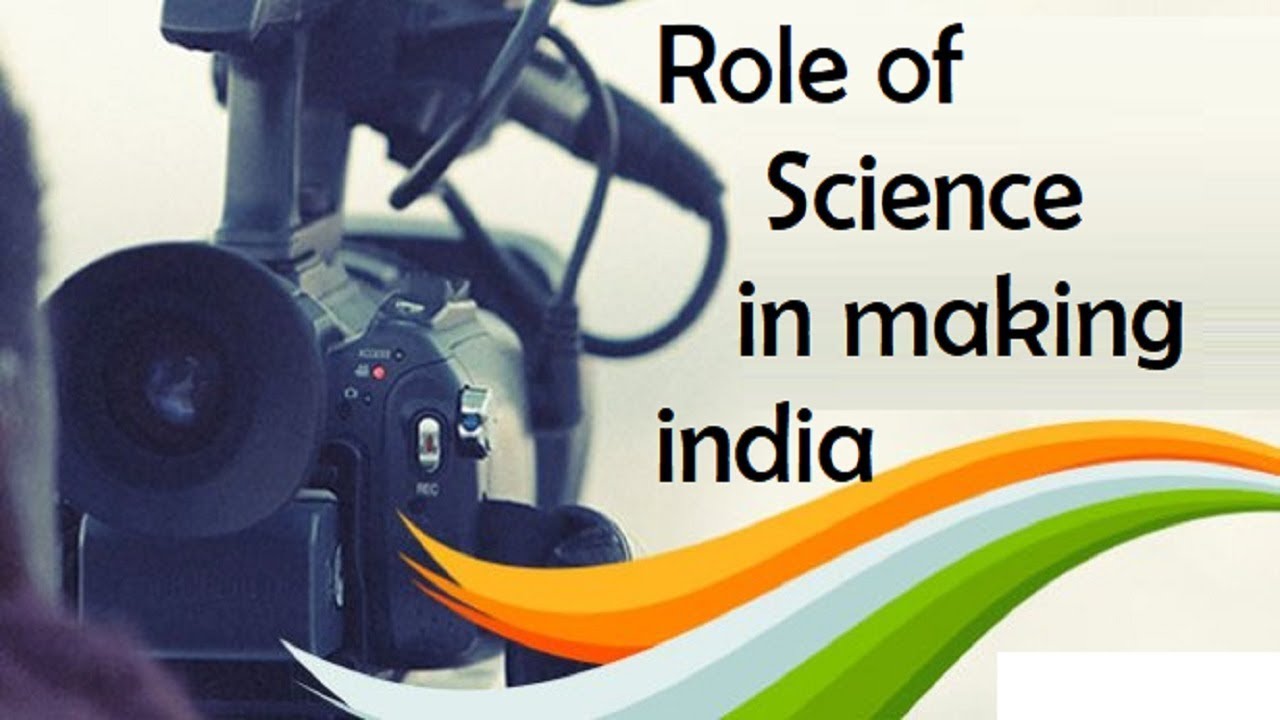Context-
In India, science is often revered as a sacred cow with the potential to drive progress and innovation. However, the reality paints a different picture, where science is also a lucrative field that can wield considerable power. This duality presents challenges and opportunities for scientific progress in the country.
Scientific Culture in India:
The prevalent belief in India is that a robust infusion of science into the educational system cultivates intelligence, open-mindedness, and objectivity among students. However, despite this belief, the scientific landscape in India is rife with challenges. Many scientists lack a fully developed scientific temper, leading to a discrepancy between power dynamics and knowledge dissemination within scientific institutions.
Challenges within Scientific Institutions:
Scientific institutions in India often prioritize research that aligns with international standards, particularly those set by prestigious American journals. This bias leads to the neglect of local issues and priorities, such as the environmental concerns surrounding Bellandur lake in Bengaluru. Issues such as the perpetual frothing of Bellandur Lake in Bengaluru receive less attention compared to topics like the hypothetical "giant gravity hole" in the Indian Ocean, reflecting skewed priorities driven by international scientific trends. The pursuit of international recognition often eclipses the need to address pressing domestic challenges.
The Need for a Paradigm Shift:
As India grapples with emerging challenges like artificial intelligence and environmental degradation, there is a growing imperative for scientists to engage with societal issues. This necessitates a departure from the traditional ivory tower mentality, urging scientists to actively involve themselves in real-world problem-solving. This shift entails a departure from reductionist approaches towards holistic problem-solving methodologies that account for the complexities of human existence.
Holistic Problem-Solving:
The reductionist approach, inherent in many scientific disciplines, falls short when confronted with the intricacies of real-world problems. Solving complex issues demands interdisciplinary collaboration and an understanding of the social embeddedness of scientific activities. Additionally, acknowledging the limitations of reductionism opens avenues for integrating human sciences into scientific endeavors.
Integrating Human Sciences:
The integration of human sciences, including philosophy, psychology, economics, sociology, and political science, enriches scientific inquiry by offering insights into human behavior, values, and beliefs. Understanding the subjective dimensions of human experience complements the objective analysis provided by traditional scientific methods.
Embracing the Humanities:
The humanities, encompassing disciplines such as art, history, literature, and religious studies, provide valuable tools for grappling with ambiguity and moral dilemmas. Philosophical inquiry, in particular, fosters ethical discourse and encourages critical reflection on complex issues confronting society.
Adopting a Multidisciplinary Approach:
To effectively address real-life problems, scientists must adopt a multidisciplinary approach that draws upon diverse perspectives and methodologies. This approach entails recognizing the value of qualitative knowledge, oral histories, and artistic expressions alongside empirical data and theoretical frameworks.
The readiness of Indian scientists to embrace this new paradigm remains a pertinent question. Will they exhibit the necessary traits for collaboration and interdisciplinary work? Can they engage with citizens as co-creators of knowledge? Will they adapt to manage complexity, uncertainty, and risk?
Furthermore, scientific institutions must foster multidirectional knowledge flows and incentivize knowledge-sharing beyond conventional publications. Embracing a humanistic approach to problem-solving and recognizing the value of traditional and local knowledge are essential steps toward addressing India's real-life challenges.
Ultimately, for Indian science to truly serve the public interest, scientists must relinquish outdated paradigms and actively engage with diverse stakeholders to harness the full spectrum of knowledge available.
Challenges and Opportunities:
The transition towards a more inclusive and humanistic scientific culture poses challenges for scientists and institutions alike. It requires a willingness to engage with diverse stakeholders, embrace uncertainty, and relinquish entrenched power dynamics. However, it also presents opportunities for fostering innovation, collaboration, and societal impact.
Conclusion:
In conclusion, the evolution of science in India necessitates a reevaluation of traditional paradigms and a reorientation towards inclusive, human-centered approaches. By integrating insights from the humanities, fostering interdisciplinary collaboration, and prioritizing real-life problem-solving, Indian science can transcend its current limitations and contribute meaningfully to societal advancement. Embracing this transformative vision requires collective effort, humility, and a commitment to harnessing the full spectrum of human knowledge and experience.
|
Probable questions for UPSC Mains Exam- 1. How does the prevailing scientific culture in India reflect a duality between reverence for science as a driver of progress and the challenges within scientific institutions regarding power dynamics and knowledge dissemination? (10 Marks, 150 Words) 2. Discuss the role of interdisciplinary collaboration and the integration of human sciences in addressing real-life challenges faced by Indian society. How can Indian scientists adapt to manage complexity, uncertainty, and risk in their pursuit of holistic problem-solving methodologies? (15 Marks, 250 Words) |
Source- The Hindu







